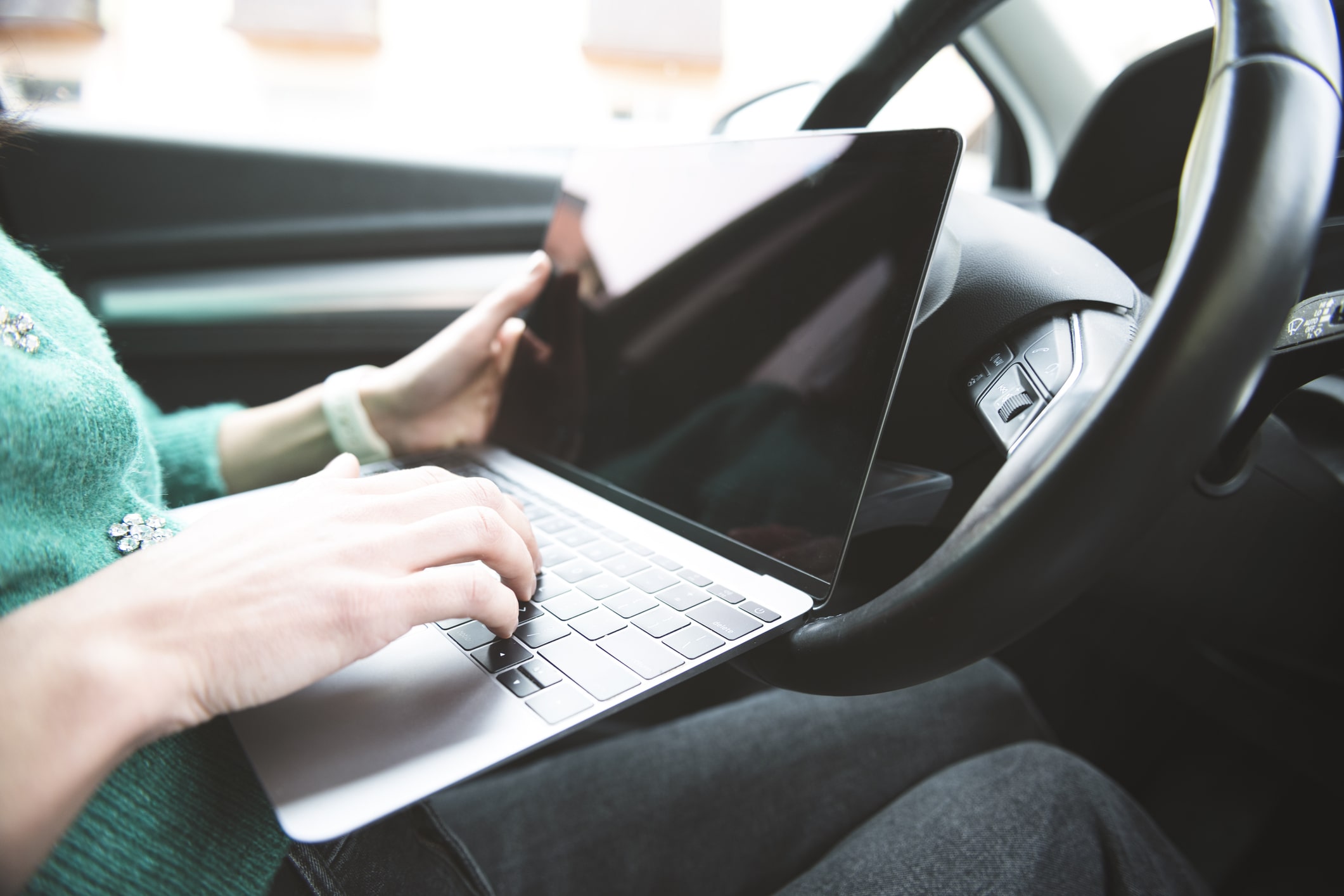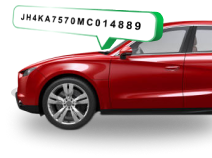Virginia VIN Check


How to Perform a VIN Lookup in Virginia?
The Virginia DMV maintains motor vehicle records in the state. While the DMV does not specifically have a VIN check request system for requesters, it allows the public to make motor vehicle record requests. One piece of information required in this request is the Vehicle Identification Number (VIN).
However, VIN lookups are more commonly done using online VIN lookup services. You can perform a Virginia VIN lookup using GoodCar, an online VIN check service. On the VIN check page of the GoodCar website, provide the 17-character, and click the search button. The result page will reveal vehicle specifications for free users and a vehicle history report for paid users.
Why Should I Run a va VIN Check?

You should run a VIN check if you have any reason to want to know about a particular vehicle. Vehicle history information is recorded and can be obtained from a VIN check. From a VIN lookup, you can access the following information:
If you have attempted unsuccessfully to repair your new vehicle purchased in Virginia three or more times for the same issue, your vehicle may be classified as a lemon. Your car may also be tagged a lemon if the vehicle has been out of service for over 30 days in a year. Per Virginia Lemon Law, also called the Virginia Motor Vehicle Warranty Enforcement Act, the manufacturer of the car (qualified as a lemon) must replace the vehicle or refund the buyer's funds.
If you are buying a vehicle in Virginia, you can protect yourself by using the VIN to confirm the vehicle's repair history. If you notice multiple repairs, especially for the same issue, this may indicate a lemon buyback. Also, lemons returned to manufacturers may be resold, Hence, if you are leasing or buying a car from a dealer, you may ask for a copy of the vehicle's defect history prior the conclusion of the transaction.
Why Choose GoodCar for Virginia VIN Lookup?
Requesters can benefit from extensive vehicle records and reports as they obtain information from accredited data providers like the NMVTIS. GoodCar also illustrates theft checks, collision records, recalls, flood, hail, or fire damage, and pricing.
Virginia Resources
-
Who Issues A Vehicle's Vin Number In Virginia?
VIN numbers are issued and imprinted on vehicles by their manufacturers. The Virginia DMV only assigns VINs to homemade vehicles, reconstructed vehicles, replica vehicles, and vehicles with altered, missing, or defaced VINs.
-
How do I verify a VIN number in Virginia?
A VIN check can help verify a VIN number in Virginia. To run a VIN check, visit the GoodCar VIN check page and provide the VIN serial in the search field. Next, click the search button to get information about the vehicle to verify the VIN number.
-
Is it safe to check a Virginia VIN online?
It is safe to check a Virginia VIN online. VIN information is not personal information and is therefore available for lookup purposes.
-
Do I need a VIN inspection in Virginia?
A VIN inspection is generally required for vehicles with altered, missing, or changed VINs.
-
Are Virginia VIN checks necessary for out-of-state vehicles brought into Virginia?
Yes, VIN checks are typically conducted by the Virginia DMV for out-of-state vehicles brought into the state.
-
What does a Virginia VIN check reveal?
A VIN check can reveal how many times a vehicle has changed hands, information on previous accidents and damages, mileage, outstanding financial obligations on the vehicle, stolen alerts, and other non-sensitive vehicle information that can be used to make an informed decision.
-
Can you ask for the VIN from a Virginia seller?
Yes, you can request a VIN from a Virginia vehicle seller. Vehicle sellers in the state do not hesitate to give VIN numbers to potential car buyers who may want to review the vehicle’s history before purchasing.







